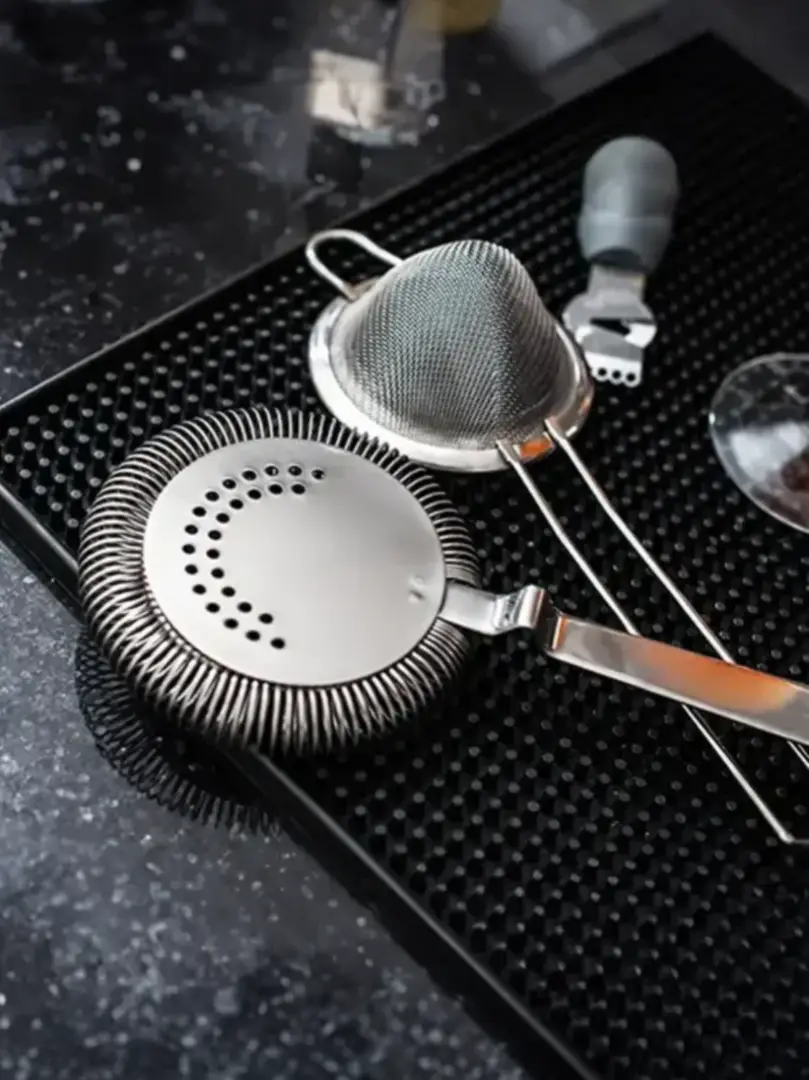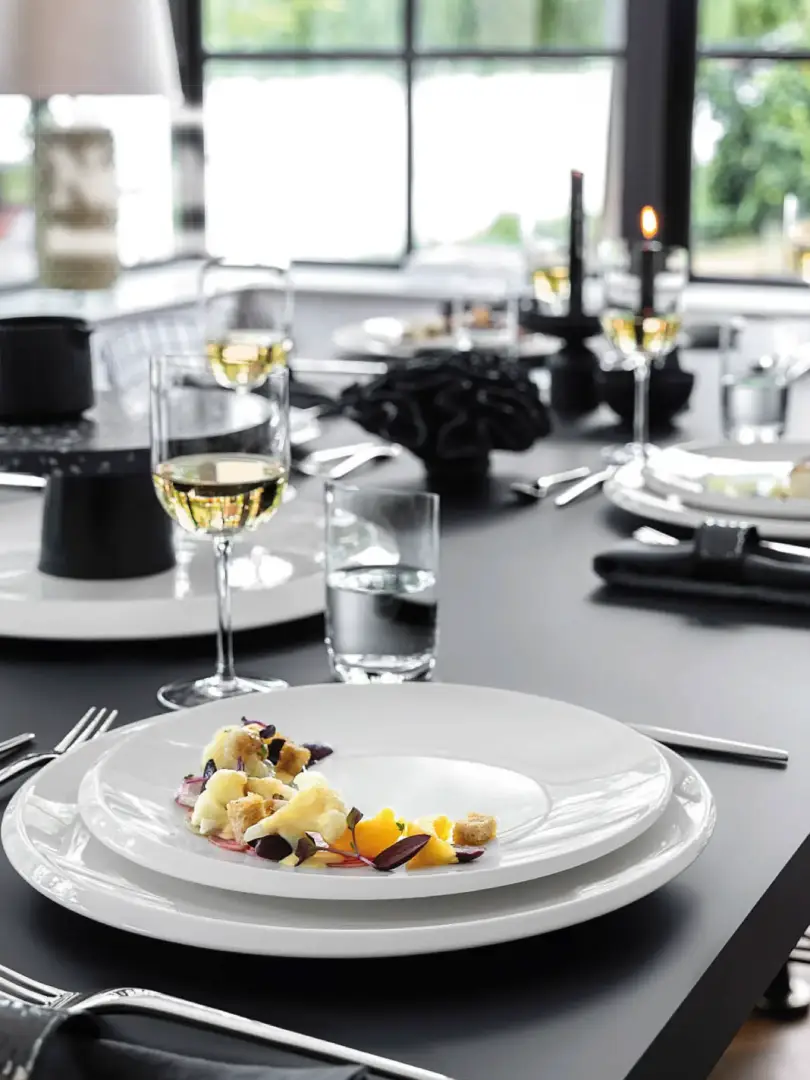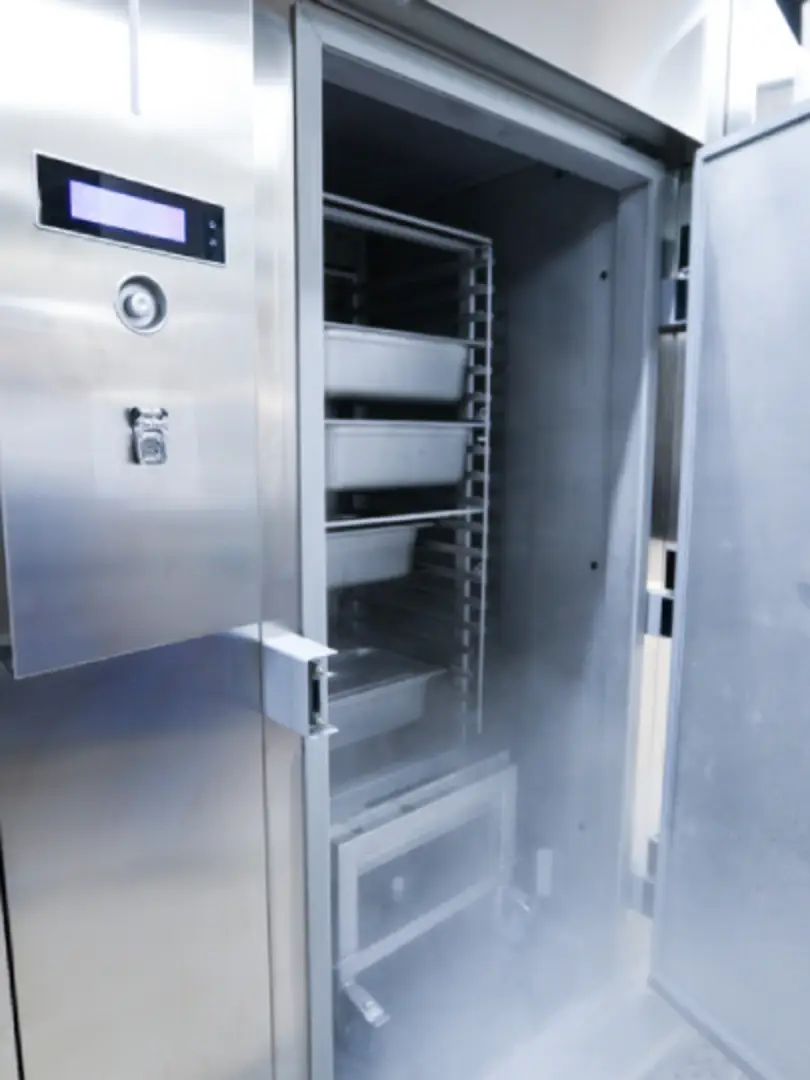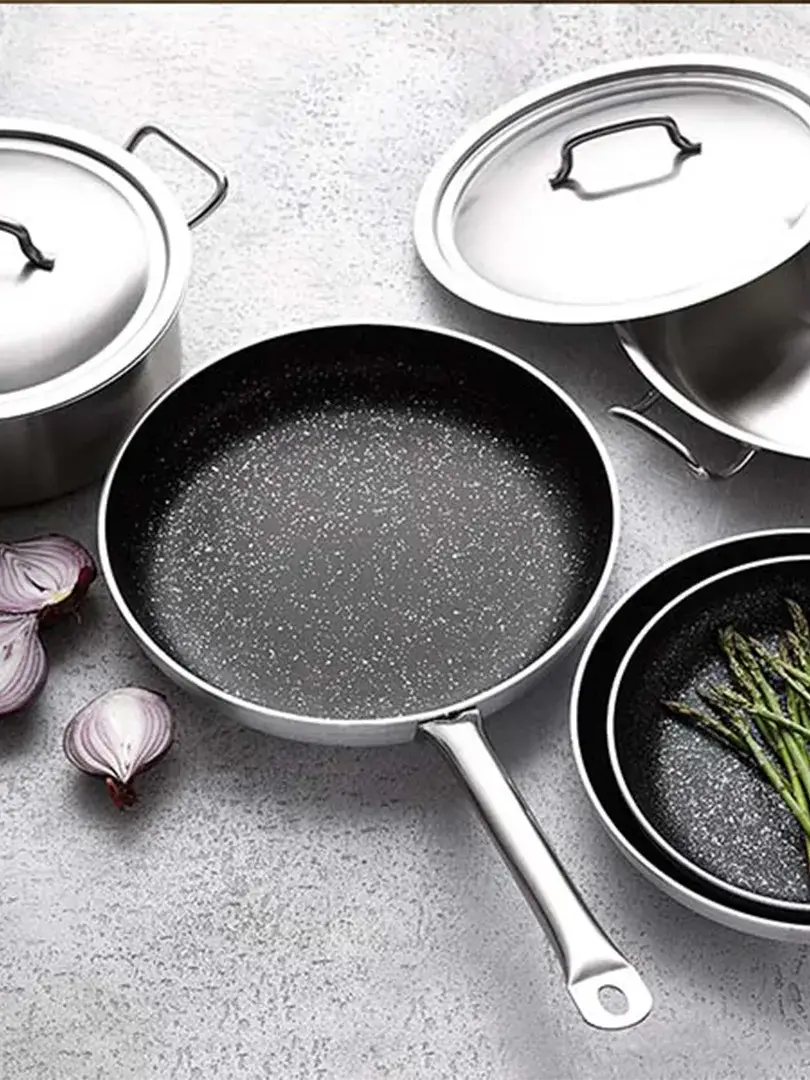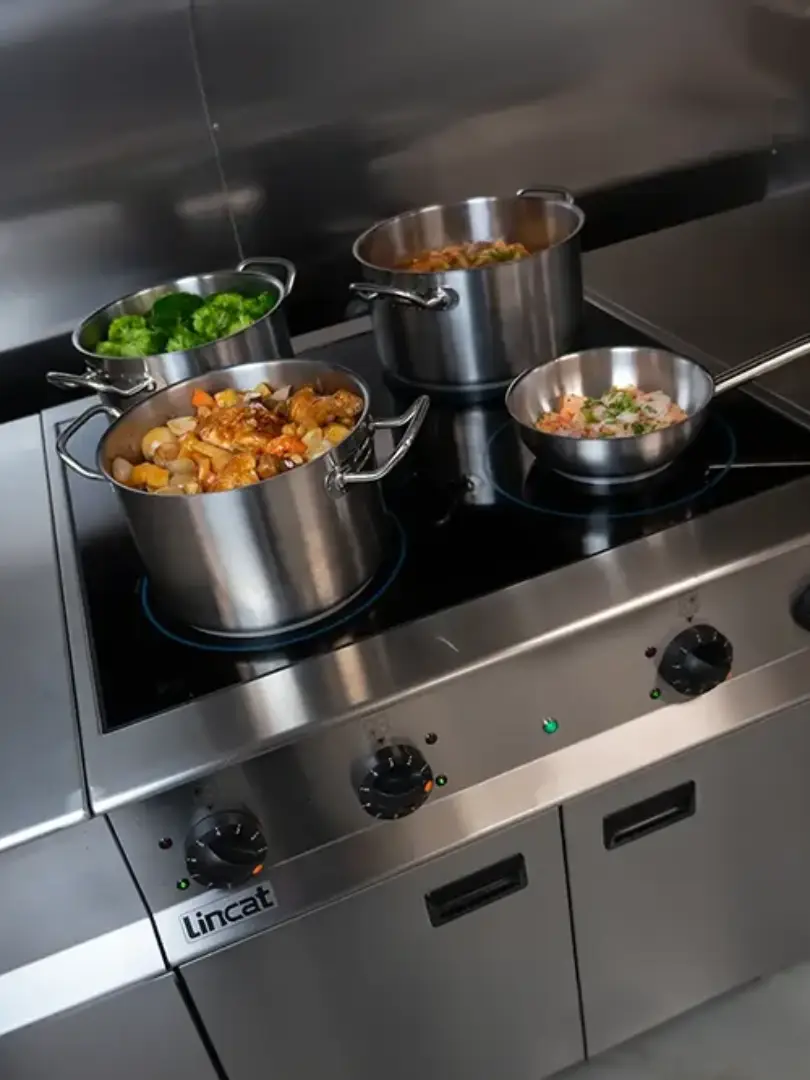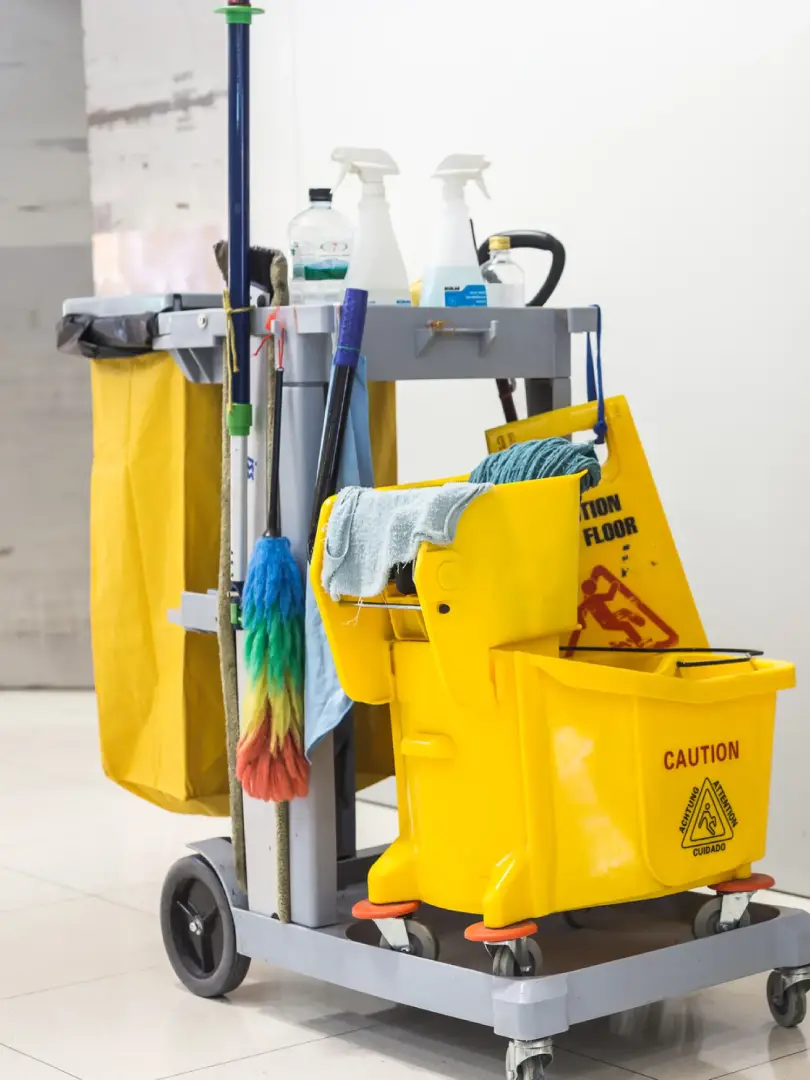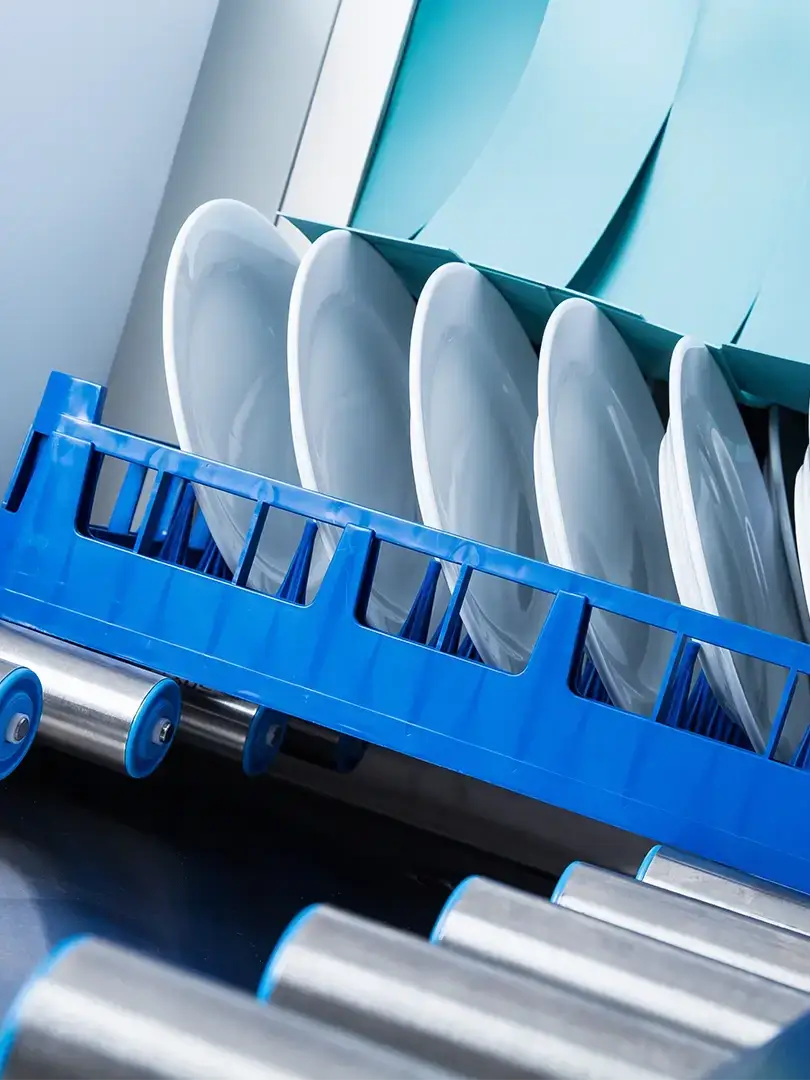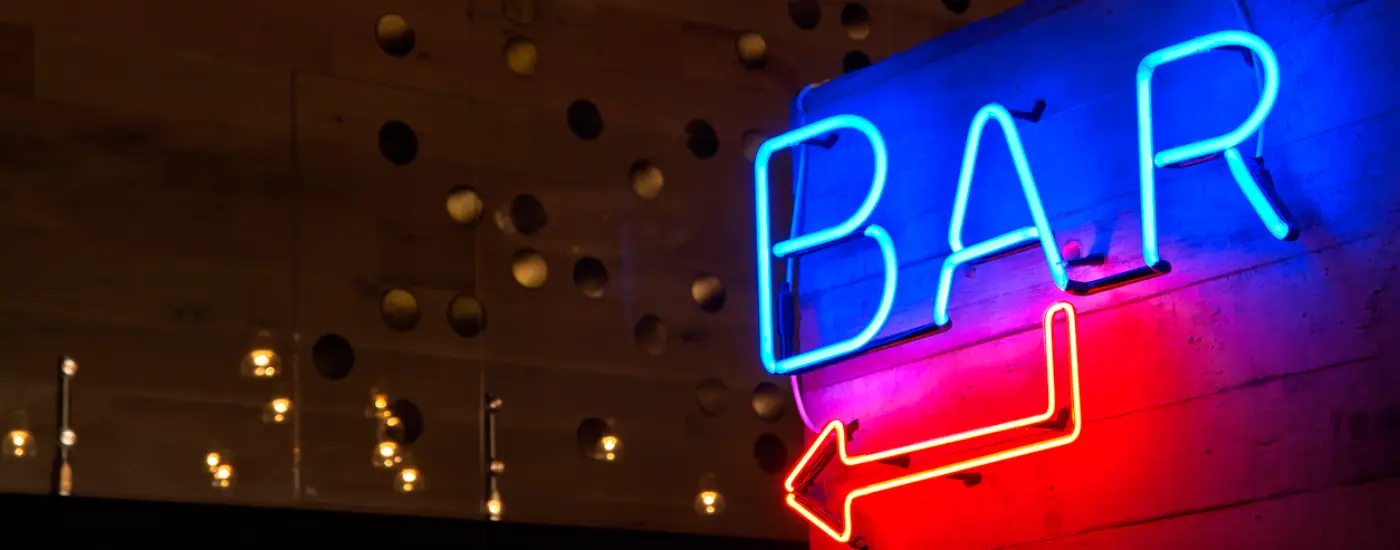Before opening your commercial bar, you need to get a premises licence from your local authority and ensure you comply with safety, noise, and hours of opening regulations. This ensures you’re setting up your commercial bar efficiently and safely. Choose a good location and design your bar for efficiency and customer comfort.
Invest in the right equipment, hire skilled staff and develop a marketing strategy to attract customers. Remember to consult with legal professionals to navigate the licensing requirements smoothly and set yourself up for long-term success.
Summary
- Get a Premises Licence for alcohol sales and live entertainment, according to local authority conditions.
- Choose a location to maximise foot traffic and minimise competition.
- Design an efficient bar layout with essential equipment for smooth operations.
- Develop a comprehensive staff training programme for high-quality service.
- Implement a tailored marketing strategy to promote the bar and build a community presence.
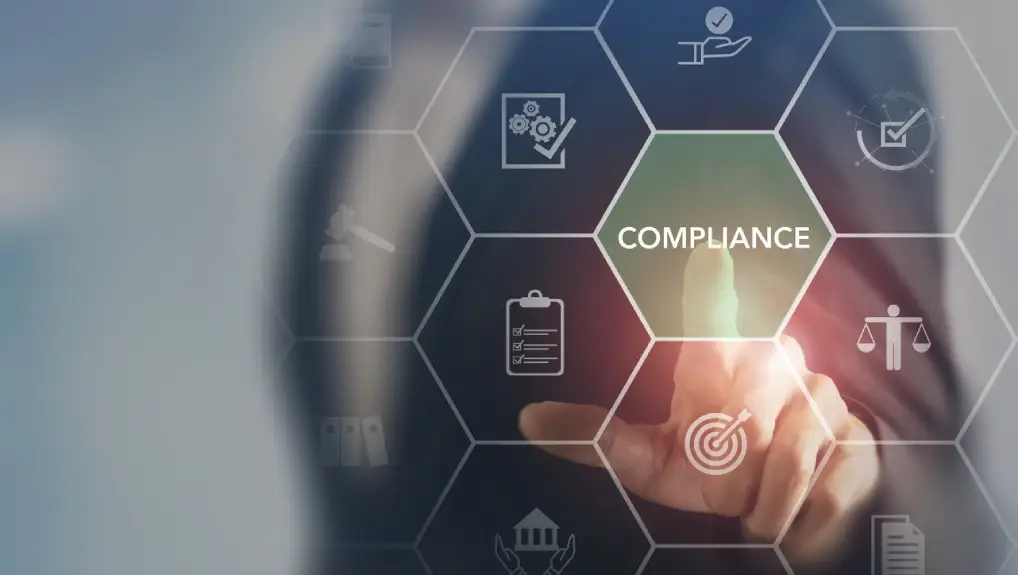
Licenses and Permits
Before you pour your first drink you’ll need to get the right licenses and permits, the foundation of which is the Premises Licence. This can’t be overlooked by bar owners eager to get into the industry. This licence means you’re legally allowed to sell alcohol and host live entertainment, the lifeblood of any commercial bar.
Remember each local authority may have specific conditions on safety and community standards such as fire regulations, noise control and exact hours of opening. Understanding and complying with these requirements is key to your bar running smoothly and within the law.
Steps to Obtain a Premises Licence
To get your premises licence, you’ll need to contact your local authority. They’ll provide the application forms and tell you the fees. Also, consider getting legal advice to navigate the application process and ensure you comply with all regulations.
Contact Your Local Licensing Authority
If you’re opening a commercial bar, you need to contact your local authority.
Here’s a quick guide to help you through this process:
- Understand Specific Requirements: Each area has different regulations; knowing these will help you design your bar and layout.
- Prepare Necessary Information: Gather information about your bar concept, staff qualifications and operational strategies.
- Schedule a Consultation: Meeting with the authority will clarify any doubts and ensure your bar setup.
- Follow Local Guidance: Following the advice given will streamline the licensing process and prevent any hiccups.
Don’t underestimate this step; it’s crucial for your bar’s legality and long-term success.
Application Forms
After you have all the information and have consulted with your local licensing authority, you can fill out the application forms for a premises licence. You’ll need to detail every aspect of your bar space, from bar equipment to how you’ll manage bar stock and service. Make sure you fill out the forms accurately to reflect your operational strategy and local regulations.
Remember, any mistake can delay your licence approval and your opening date. So double check every entry, make sure your bar layout and facilities descriptions are clear and outline your service protocols meticulously. This will smooth your path to opening your dream bar.
Fees
Understanding the costs involved in getting a premises licence is crucial.
Here’s what you need to know about the fees:
- Initial Application Fees: These are one-off fees paid when you submit your application for a premises licence. They cover the processing of your application and are non-refundable.
- Annual Fees: Once your bar is open, you’ll need to pay annual fees to keep your licence active. These are important for continuous compliance with the law.
- Bar Design and Equipment: You need to factor in costs for essential equipment and space design into your budget. This will ensure your bar meets customer expectations and runs smoothly.
- Space Utilisations: Efficient space use can save costs and improve customer experience, indirectly impacting your fees through operational efficiency.
Legal Assistance
While navigating the complexities of getting a premises licence for opening your commercial bar, consider the help of a legal professional. They’ll ensure your bar design complies with local regulations, which can vary greatly. Legal experts can manage everything from liquor bottles to public safety measures for restaurant bars.
As a bar owner you’ll find that legal advice not only simplifies the application process but also gets you the necessary approvals more quickly. They’re aware of potential issues that might not be obvious to someone without a legal background. This proactive approach saves you time and protects your investment from future legal problems.
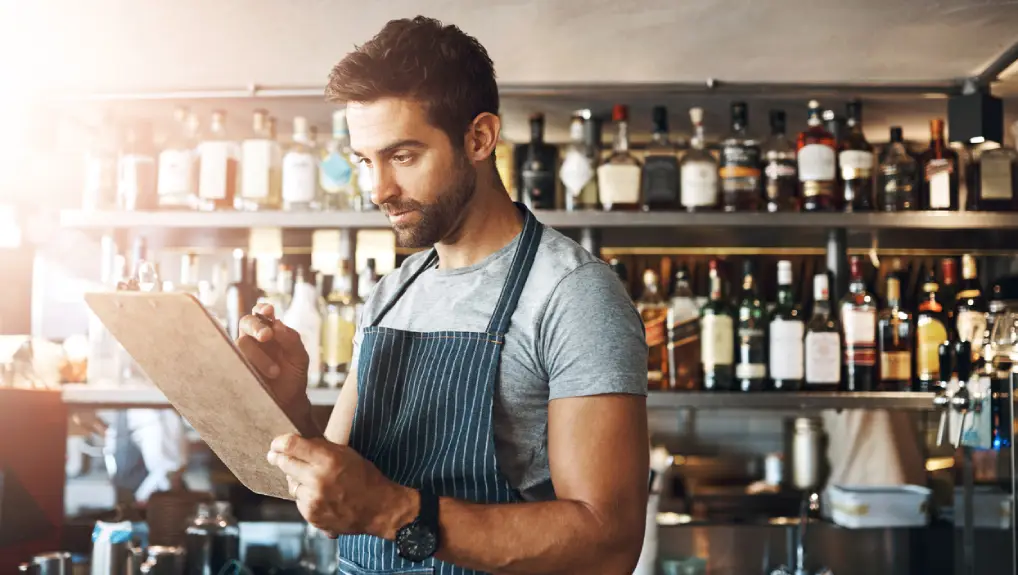
Business Setup
Before you get into the exciting world of bar ownership, it’s necessary to set up a solid business foundation.
When setting up your commercial bar, consider these key elements:
- Commercial Bar Design: Focus on a layout plan that optimises space and efficiency. The bar counter and equipment placement should allow for easy movement and quick service.
- Legal Structure: Decide if you’ll be a sole proprietorship, partnership or corporation. Each has different implications for liability and tax.
- Funding: Get the necessary funds. Many bar owners opt for loans or investor backing.
- Location: Choose a spot with high foot traffic, but consider local competition and lease terms.
Employer PAYE Reference
As you’re opening your commercial bar, you’ll need to get an Employer PAYE Reference from HMRC, an essential step for any business that will be employing staff. This unique tax number not only identifies your business but is also important for managing your payroll and taxes. Being compliant with tax obligations creates a more comfortable work environment as it shows you’re operating within the law.
Handling payroll accurately will also contribute to a smoother operational flow so you can focus more on customer service and less on back end issues. Don’t overlook this important step as it’s the foundation of your business’s financial and legal structure.
Business Registration
Once you have your Employer PAYE Reference, you’ll need to make sure your business is fully registered. Here’s what you need to do:
- Register your business name with Companies House to establish your brand identity.
- Open a business bank account to separate your finances from personal ones.
- Register for VAT if your turnover is expected to exceed the threshold; this is essential for managing your financial obligations.
- Comply with HMRC requirements to keep your business legal.
Proper business registration improves your bar’s credibility and smooths operations, which impacts your customers positively. It also helps with regular stock and storage solutions.
Location and Design
As you plan your commercial bar you need to think about the layout and key design elements that will define your space. Think about the atmosphere you want to create which should influence your choices on seating, tables and overall decor. A well-thought-out design will attract more customers and improve their experience, encouraging repeat visits.
Key Design Elements:
Choosing the right location is key to your commercial bar’s success. Once you have the perfect spot, it’s time to focus on design that improves customer experience and operational efficiency.
Here are a few key design elements to consider:
- Bar Top: Choose a material that’s stylish and durable, can withstand the wear and tear of countless drinks.
- Foot Rail: Ensure comfort for your customers with a sturdy foot rail at the base of the bar.
- Bar Stools: Invest in high-quality bar stools that are comfortable and stylish.
- Stock Levels: Design your back bar to display and manage stock levels so your most popular drinks are always accessible.
These all combine to create a welcoming and functional space.
Bar Layout:
Planning your bar’s layout is more than just aesthetics; it’s essential for efficient workflow and customer experience. First consider the bar dimensions carefully to optimise space and fit in essential equipment like ice machines and drink rails without overcrowding. Position these items in your front bar area so you can work efficiently and serve customers quickly.
Make sure frequently used items are within easy reach, reducing movement and speeding up service. Well-designed layouts streamline operations and prevent bottlenecks during peak hours.
Ambiance:
When you open a commercial bar, creating the right ambience is essential for attracting and retaining customers.
Here’s how you can set the mood:
- Accent Lighting: Use soft, dimmable options to create a cosy and intimate environment.
- Decor: Choose elements that fit your bar’s theme, whether modern chic or rustic charm.
- Music: Select tunes that improve the overall atmosphere without overwhelming conversations.
- Welcoming Atmosphere: Make sure every detail from the entrance to the bar counter invites comfort and relaxation.
Seating and Tables:
You need to think carefully about the layout and design of seating and tables in your bar to ensure both comfort and functionality. The right placement and choice of furniture will impact how many customers you can accommodate and how long they stay. Think about your target market; younger crowds might prefer high stools and communal tables, while a more mature audience may like more comfortable seating with space.
Here’s a quick guide:
| Seating Type | Description |
|---|---|
| Booths | Encourage longer stays, offer privacy |
| High Stools | Ideal for bar counters, casual |
| Communal Tables | Suit large groups, foster social interactions |
| Couches | Add comfort, luxury feel |
| Patio Chairs | Great for outdoor settings, casual |
Each option plays a part in defining the atmosphere and functionality of your space.
Equipment and Supplies
As you start setting up your commercial bar, investing in the right equipment and supplies becomes crucial for everything to run smoothly. To make your bar unique and efficient you’ll need to prioritise items that allow for easy access and support popular drinks.
Here’s what to consider:
- Ice Bins: Essential for cold drinks and quick access.
- Glassware: Various sizes and shapes for different drinks.
- Mixing Tools: Shakers, spoons and muddlers for cocktails.
- Storage Solutions: Shelving and racks to keep everything organised and within reach.
Choosing these wisely will set the foundation for a successful bar.
Essential Equipment:
To run your commercial bar efficiently, you need the right equipment. You’ll need a robust POS system to process transactions quickly and accurately for a smooth customer experience. Don’t forget glassware storage solutions; proper racks and cabinets will keep your glasses clean and tidy.
“Make your bar shine with top-notch glassware storage solutions—everything will be spotless and in order”
Cooling systems are important too; they keep your beers and wines fresh and at the perfect serving temperature. And beer towers can’t only optimise service but also make your bar look great. All this essential equipment will streamline operations, please customers, and contribute to the success of your commercial bar.

Staffing and Training
Hiring good staff and investing in their training will improve your bar’s service and operational efficiency.
Here’s how to get it right:
- Recruit Passionately: Focus on hiring people who are passionate and knowledgeable about the hospitality industry.
- Comprehensive Training: Implement a training program that covers everything from customer service skills to bartending techniques. bar’s
- Continuous Improvement: Encourage ongoing training and development to keep you up to date with the latest trends and methods.
- Feedback Loop: Set up a system to gather feedback from your staff about the training process and customer interactions.
Staff Roles:
After covering the importance of hiring and training your staff, let’s look at the roles within your bar. Bartenders, skilled in mixology and customer service, are key. They’ll create the drinks that bring customers back. Your servers must be friendly and attentive, making every customer feel valued.
Management
Managers oversee everything, including compliance and operations. Invest in training programs that improve bar skills, customer service and compliance. This structured approach will boost your team’s confidence and the customer experience, making your bar stand out.
Marketing Strategy
Why not make your bar the talk of the town? When opening a new bar, whether it’s a wine bar or sports bar, your marketing strategy should be dynamic and targeted.
Here’s how you can stand out:
- Social Media: Post regularly about your bar’s unique menu and events.
- SEO: Make sure your website appears at the top of search results.
- Email Marketing: Keep customers coming back with newsletters featuring promotions and new menu items.
- Local Promotions: Host events like live music or trivia nights to create buzz and community.
Tailor these to your bar’s unique atmosphere and offerings
Opening and Closing Procedures
Establishing opening and closing procedures is key to your bar’s smooth operation. Start each day with an opening checklist: do a quick building check to ensure cleanliness and security, check inventory of drinks and supplies, check all equipment is set up, brief staff on daily specials and tasks. At the close of the day, focus on cleanliness by wiping down all surfaces and equipment.
Inventory management is important; restock supplies and check inventory levels for the next day. Cash handling is key; count and reconcile cash drawers accurately. Finally, lock up to secure your premises.
Financial Planning
As you establish your opening and closing routines, don’t forget to focus on the financial framework that will support your bar.
Here’s what you need to consider for a solid financial plan:
- Licenses and Permits: Budget for the cost of all legal approvals.
- Equipment and Supplies: Budget for initial purchases, bar tools and glassware.
- Ongoing Expenses: Budget for payroll, inventory management and marketing.
- Inventory Management: Implement systems to track and manage stock levels, never under- or over-stocked.
Last Orders
Now you’re ready to open your commercial bar!
Remember, licences, location, atmosphere and marketing are key.
Stay focused, be prepared and create an amazing experience for your customers. Good luck and happy bars!

